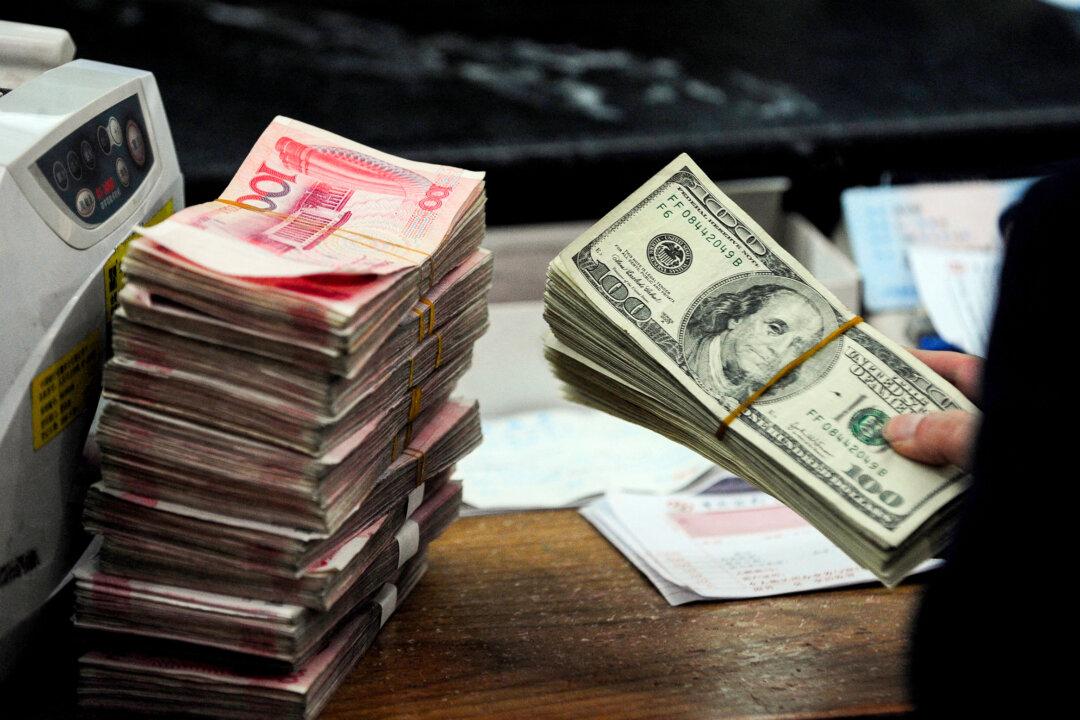Murphy’s Law seems to be playing out for China’s economy: Anything that can go wrong will go wrong.
For the past five months, a string of bad news has exposed structural issues of solvency among real estate developers and local governments tied down by an ailing property sector that has grown to be more than a quarter of China’s gross domestic product (GDP). Exports, the other growth engine for the Chinese economy, have also seen an accelerating year-on-year decline since March.



